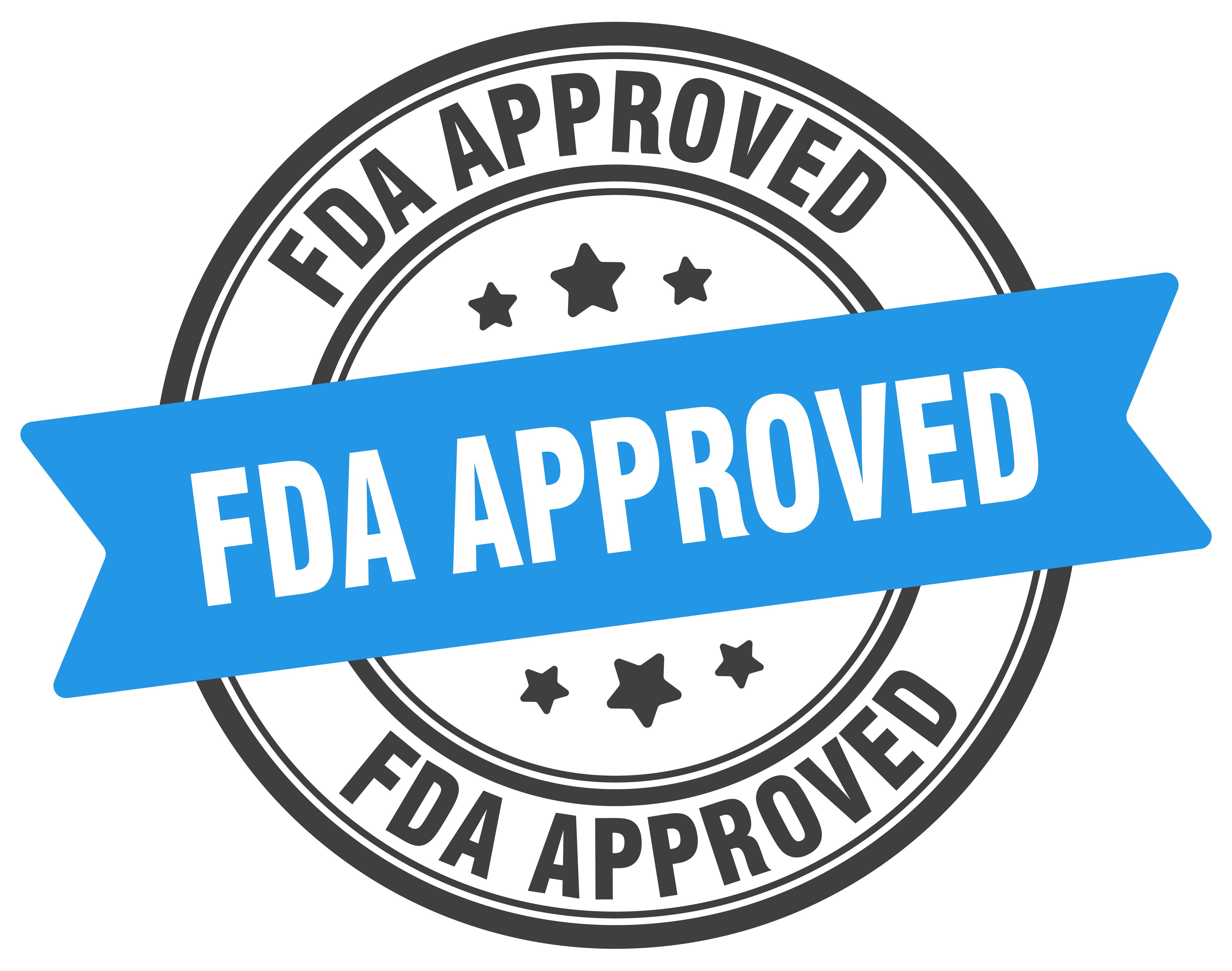- Center on Health Equity & Access
- Clinical
- Health Care Cost
- Health Care Delivery
- Insurance
- Policy
- Technology
- Value-Based Care
FDA Approves Obe-Cel for R/R B-Cell Acute Lymphoblastic Leukemia
The chimeric antigen receptor T-cell therapy obecabtagene autoleucel received approval to treat patients with relapsed or refractory (R/R) B-cell acute lymphoblastic leukemia.
Approval of obecabtagene autoleucel was based on the FELIX trial, an open-label, multi-center, global, single-arm phase 1b/2 study.
Image credit: BHM-stock.adobe.com

Obecabtagene autoleucel (obe-cel; Aucatzyl) has been approved by the FDA to treat patients with relapsed or refractory B-cell acute lymphoblastic leukemia (ALL).1 Obe-cel is a chimeric antigen receptor (CAR) T-cell therapy that is the first approved by the FDA without a requirement for a Risk Evaluation Mitigation Strategy (REMS) program.
The approval was based on data from the FELIX trial demonstrating its ability to improve overall survival rates.2
“Based on the experience in the FELIX trial Aucatzyl is highly active and can be well managed, offering an attractive risk benefit profile for B-ALL patients,” said Claire Roddie, MD, PhD, FRCPath, lead investigator of the FELIX study and associate professor of Haematology at the University College London Cancer Institute. “In the FELIX trial Aucatzyl has shown long term persistence and deep responses which we believe are critical for long term remissions in B-ALL.”
FELIX was an open-label, multicenter, global, single-arm phase 1b/2 study. Of the 94 patients in the morphological disease cohort who received at least 1 infusion of obe-cel, 65 patients were qualified to be evaluated for efficacy. Among these 65 patients, 63% achieved overall complete remission, including 51% of patients with a complete response at any time.
A total of 42% of patients achieved complete remission at 3 months, which was a major efficacy outcome. The median duration of remission was 14.1 months.
There were low levels of cytokine release syndrome (CRS) with 3% of patients experiencing grade 3 events. In addition, 7% of patients experienced grade 3 or higher immune effector cell–associated neurotoxicity syndrome (ICANS).
While there is no REMS program required for obe-cel, there is a boxed warning for CRS, neurologic toxicities, and secondary hematological malignancies.
“Adult ALL is an extremely aggressive cancer, and there is a high unmet medical need that exists in the treatment of patients with this disease once they relapse, where historically they suffer from poor outcomes,” said Elias Jabbour, MD, US lead investigator of the FELIX study and professor of leukemia and ALL Section Chief, at The University of Texas MD Anderson Cancer Center. “This milestone approval, based on the demonstrated clinical benefit of AUCATZYL, brings new hope for adult patients with relapsed/refractory B-ALL.”
References
- Autolus Therapeutics announces FDA approval of Aucatzyl (obecabtagene autoleucel – obe-cel) for adults with relapsed/refractory B-cell acute lymphoblastic leukemia (r/r B-ALL). News release. Autolus Therapeutics. November 8, 2024. Accessed November 8, 2024. https://autolus.gcs-web.com/news-releases/news-release-details/autolus-therapeutics-announces-fda-approval-aucatzylr
- Roddie C, Sandhu KS, Tholouli E, et al. Safety and efficacy of obecabtagene autoleucel (obe-cel, AUTO1), a fast-off rate CD19 CAR, in relapsed/refractory adult B-cell acute lymphoblastic leukemia (r/r B-ALL): top line results of the pivotal FELIX study. J Clin Oncol. 2023;41(suppl 16):7000. doi:10.1200/JCO.2023.41.16_suppl.7000
